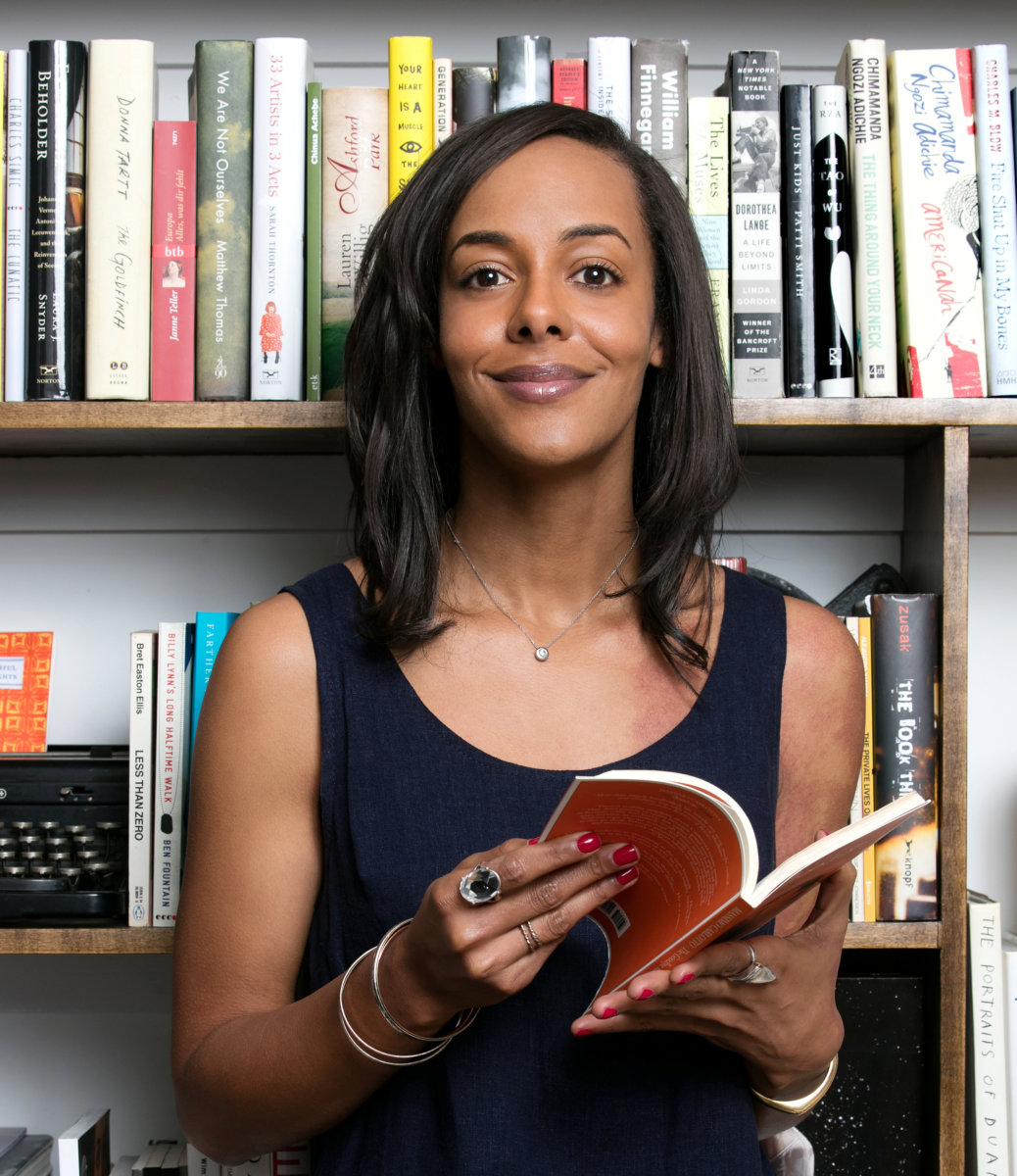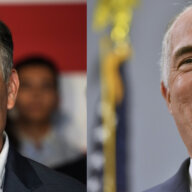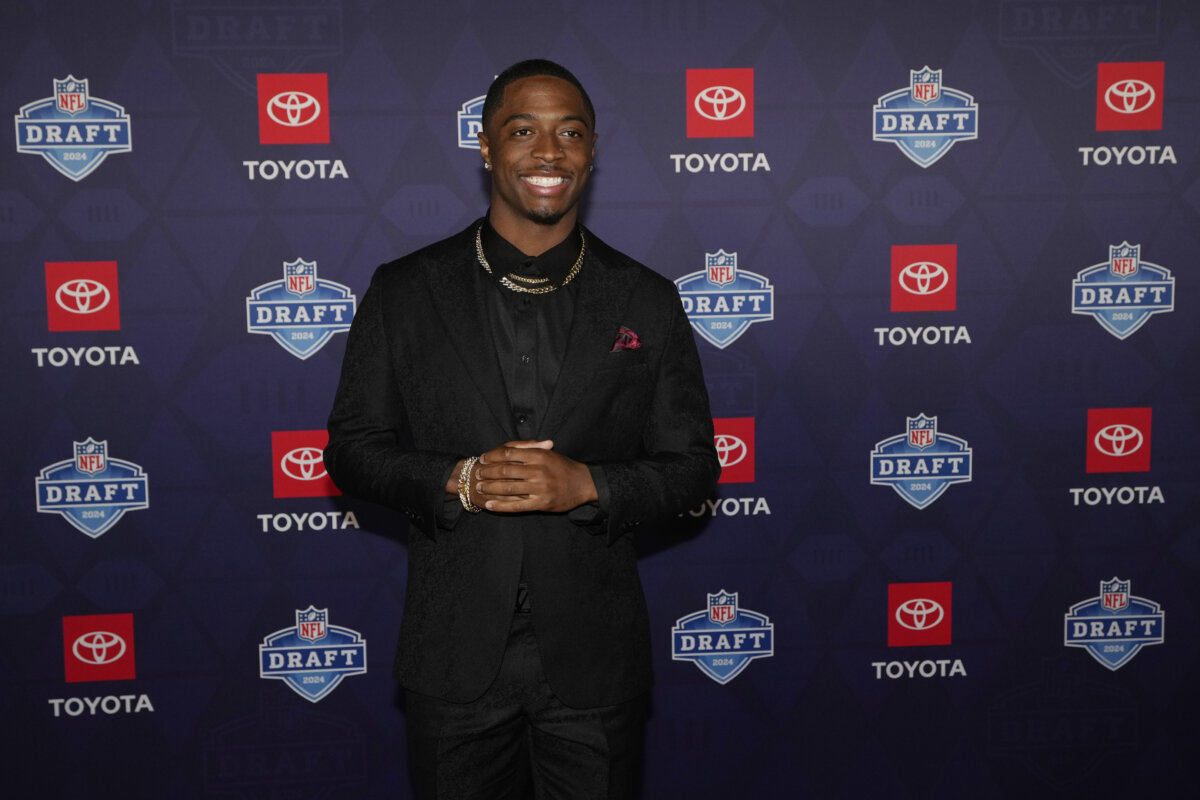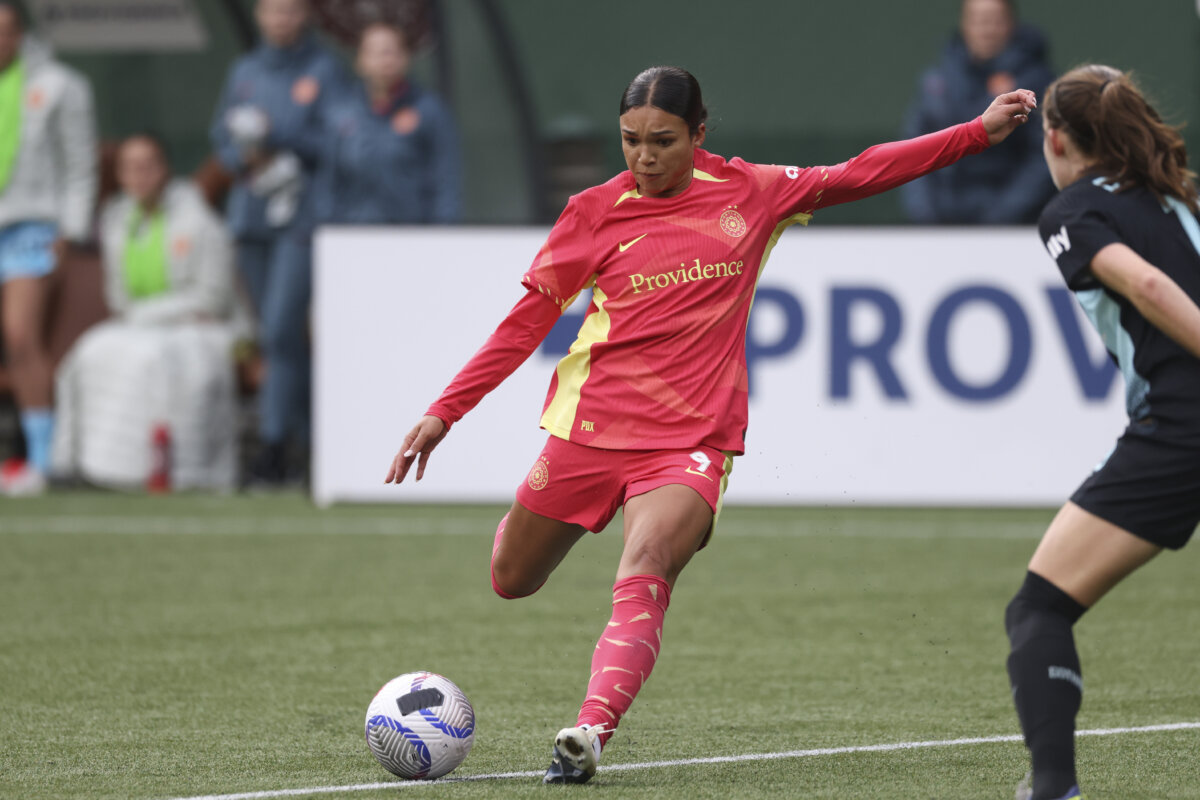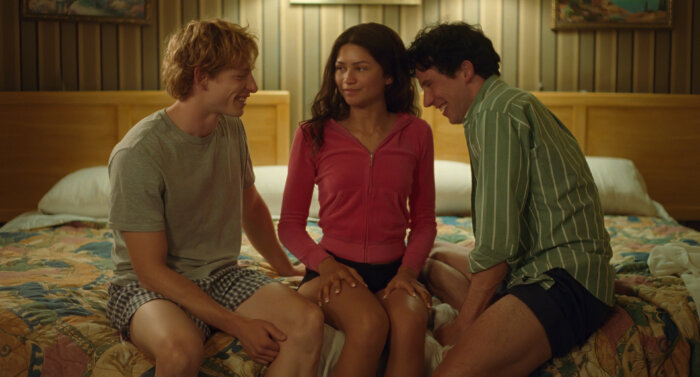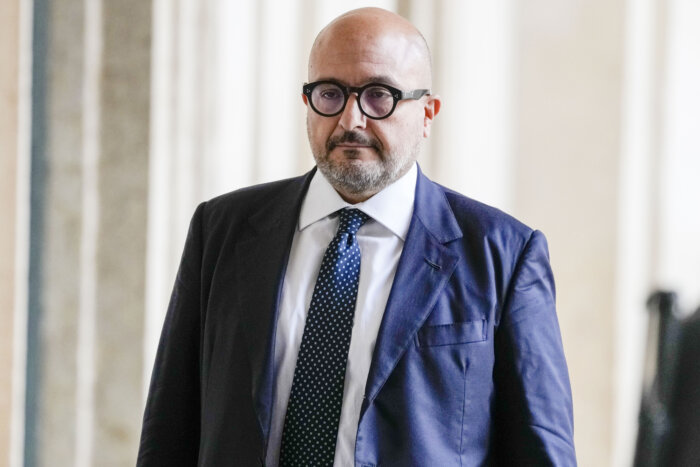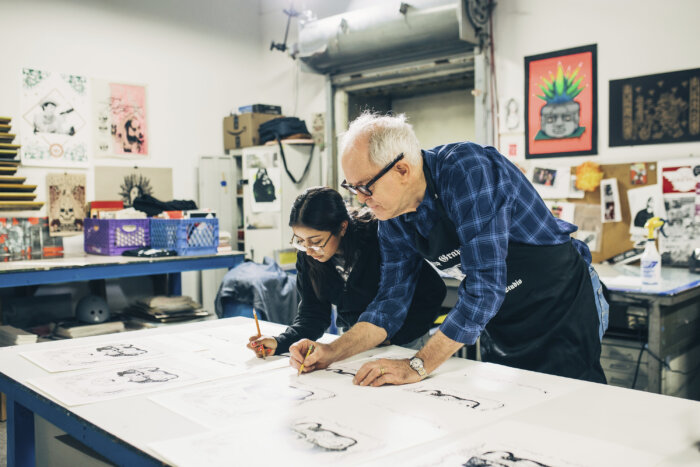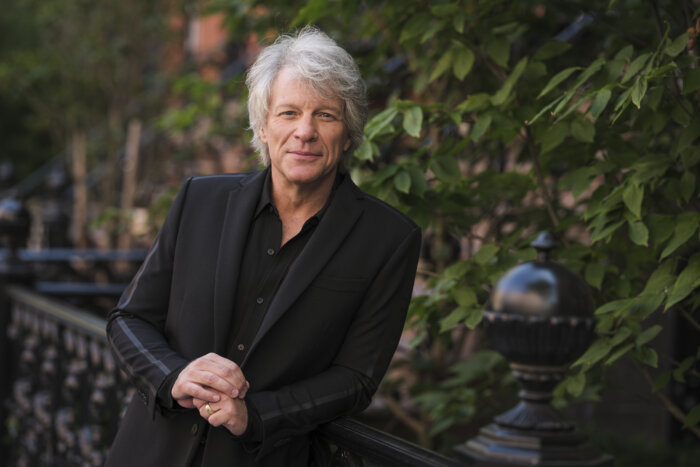For four years, Lisa Lucas has been championing American literature as executive director of the National Book Foundation.
Her diverse job experience, starting as a salesgirl in her teens, helped the 40-year-old push books into prisons, and deliver more than 1.4 million volumes to public housing residents across the country.
In January, Lucas will start a new chapter at Pantheon and Schocken Books as senior vice president and publisher. Taking on new job in a pandemic is a challenge, but her unlikely resume reveals how departing from the typical storyline can move a career forward.
“I was a copy editor for an ice hockey magazine, I’ve sold concessions at a theater, I’ve been a nanny … all the way to becoming publisher of Pantheon,” said Lucas, who served as publisher of Guernica and director of education at the Tribeca Film Institute before joining the National Book Foundation.
Lucas spoke to Reuters about how her experience and philosophy are guiding her through the pandemic. Below are edited excerpts.
What was your very first job?
I was a sales shopgirl at Jean Country at the Garden State Plaza Mall in Bergen County, New Jersey. I was probably 15 or 16.
Working retail was difficult — you had a wide variety of people coming in, some of them were friendly, some were unfriendly. It was a lesson in responsibility at a time when you’re so young that you didn’t understand what work meant.
How have you made your work-from-home experience a success?
I work in different rooms. The morning is for the kitchen, the couch for the afternoon, then maybe I’ll do a little typing in bed — don’t tell.
I’m used to movement, where you get up, get dressed, commute to work, go for coffee. … There’s a lot of actual motion we had that happened during the work day that isn’t there any more. So I decided to make use of all the space I have to change things up in order to not feel crazy.
Who have been your big mentors in your career?
Two huge ones — David Steinberger, the board chair of the National Book Foundation who opened the whole world for me, starting with hiring me but also teaching me how to manage and persevere when things are difficult.
And Fiona McCrae, publisher of Graywolf Press, who’s been a friend, teacher and cheerleader. I admire the way she has navigated her own career, forged her own path and followed her taste, instincts and heart in the work that she’s done.
Do you have any advice for those seeking a job or starting a job in these times?
Buckle up. Even if you get the job you’re all excited about it, you’re not going to go into the office, you’re not going to meet all your colleagues face to face. You’ll have to find new ways to connect to the work and the job and to bond with the people you’re going to be working with.



